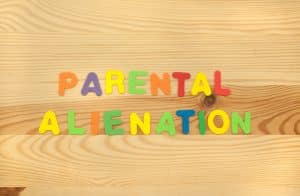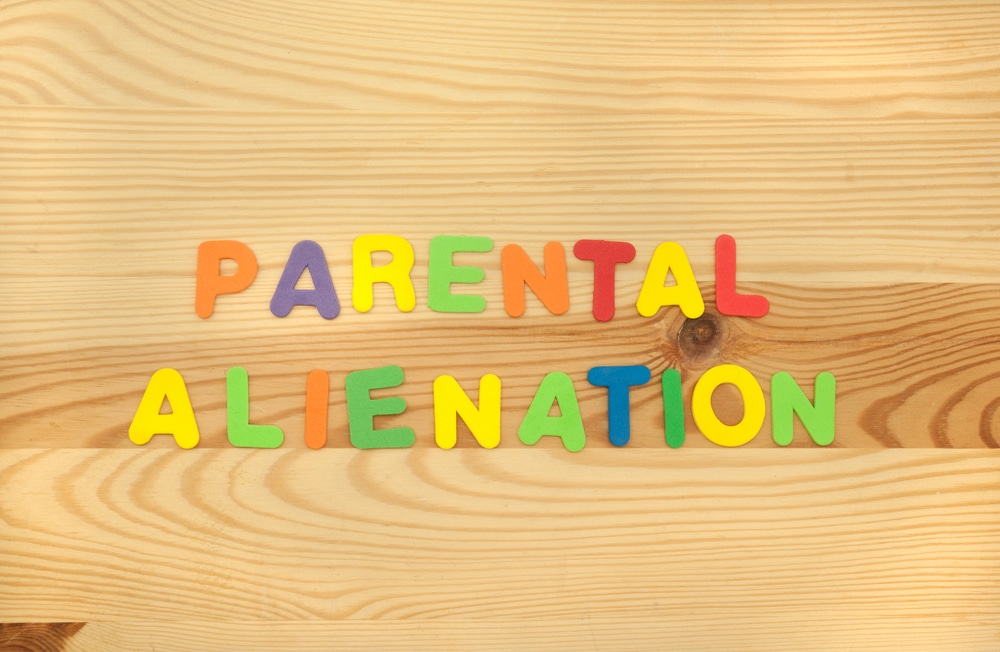Signs of Parental Alienation Lawyers Monmouth and Ocean County NJ
During a divorce when children are involved, maintaining a positive relationship with your ex is essential. Read and learn more about some ways you may be able to tell if your ex is engaged in parental alienation.
 Divorce has a massive effect on everyone involved. Both partners go through mental, emotional, financial, and even physical upheaval during a divorce. The transition between a life together, complete with all of its material assets accrued, and separate lives and journeys moving forward can be a tumultuous one. The impacts of divorce are heightened when there are children involved. Children of divorce receive many of the subtle tolls the separation is taking on both parents, and children often don’t have the awareness or tools to healthfully cope with those stressors.
Divorce has a massive effect on everyone involved. Both partners go through mental, emotional, financial, and even physical upheaval during a divorce. The transition between a life together, complete with all of its material assets accrued, and separate lives and journeys moving forward can be a tumultuous one. The impacts of divorce are heightened when there are children involved. Children of divorce receive many of the subtle tolls the separation is taking on both parents, and children often don’t have the awareness or tools to healthfully cope with those stressors.
During a divorce when children are involved, maintaining a positive relationship with your ex is essential. This collaboration is essential for your own wellbeing and the swiftness of the divorce proceedings, to be sure, but also it is specifically in support of the socioemotional needs and wellness of your children. Children are natural absorbers, and what you say, do, and even feel impacts them more than you could possibly know. If you and your partner do not view the navigation of the child custody arrangement as a continued partnership – as parents – then there is a potential that much harm could be done to the socioemotional and mental landscape of your child’s inner world.
Sometimes, the high conflict interaction between divorcing and divorced couples exceeds mild drama and ventures into the range of psychologically dangerous for your child. When a child hears and sees one or both parents demeaning the other parent, they can begin to internalize this information, believing it to be truth, and distance themselves from the other parent. This internalization of a parent’s negative talk, whether it is consciously or unconsciously done, is akin to a subtle form of gaslighting. If it leads to the child’s own separation from themselves from the other parent, this coercion of a child is called parental alienation.
Parental alienation is tragic and dangerous, because it not only separates a child from their parent, a necessary figure in their proper socioemotional development, but it also sets the stage for the potential of further mental and emotional manipulation to become themes in the child’s life. Especially during a divorce, when a child’s emotional state is fragile and raw, both parents must be vigilant about separating their own personal experience from the information they share with their child, in order to maintain innocence and a strong bond between the child and both parents.
So what if you are going through or have recently gone through a divorce, and you sense that your ex is turning your child against you?
As noted above, parental alienation can be done consciously or unconsciously. In order to prove parental alienation, you must provide documented proof that your ex is speaking or acting in a way to undermine your healthy emotional bond with your child.
Unconscious parental alienation

Conscious parental alienation
It occurs when one parent directly speaks to their child about the ills of the other parent. In conscious parental alienation, a parent may outright ask the child to stop seeing the other parent, perhaps using their own emotional fragility to guilt them into taking sides.
Active parental alienation
It occurs when, in addition to divisive direct or indirect language, a parent physically attempts to keep a child separate from their other parent. This type of alienation may run counter to custody arrangements and must be dealt with head-on.
All the while, it is important that you counteract any potential acts of parental alienation by taking extra steps to connect with your child during this tough time. Remember that, as a sensitive being, your child is undergoing a lot of emotional upheavals and receiving not only their own stress but yours and your ex’s as well. Take extra care to nurture their wellbeing and your relationship.
It is your right to have a relationship with your child as part of the custody agreement if you are in good standing with the law. You may legally approach the New Jersey Superior Court: Family Part to take steps to re-establish a bond with your child if it has been broken due to parental alienation.
Contact A Brick, NJ Child Custody and Parental Alienation Lawyer Today
At Bronzino Law Firm, our experienced team of family law attorneys represents clients across New Jersey and Ocean County, including Point Pleasant, Toms River, Spring Lake, Sea Girt, Jackson, Wall, and Brick in all matters of divorce and child custody.
To meet with a member of our firm today to discuss your co-parenting concerns, please contact us online or through our Ocean and Monmouth, NJ offices at (732) 812-3102.







